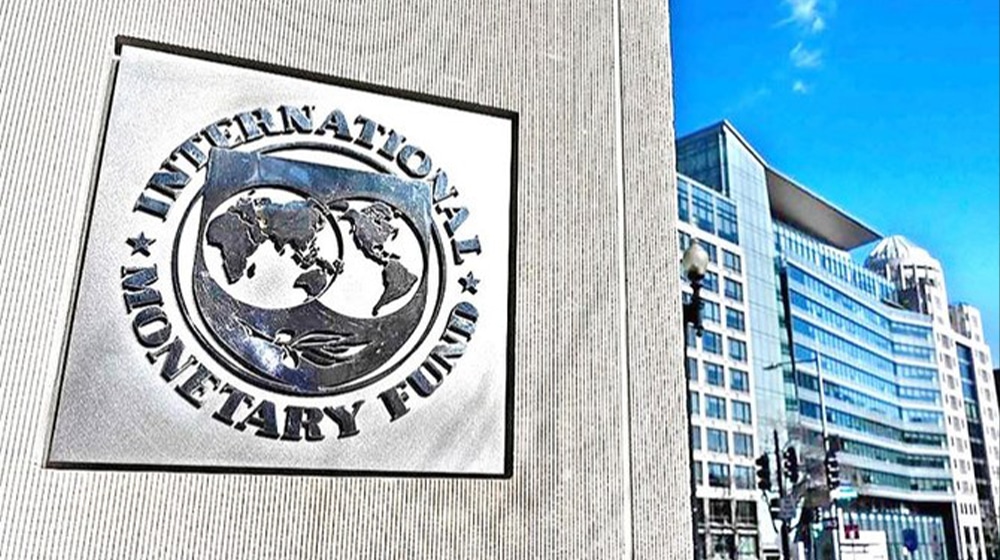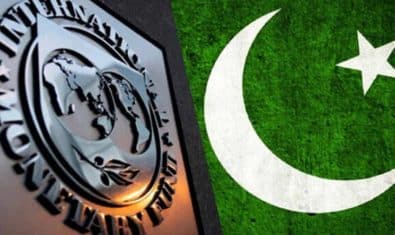The International Monetary Fund (IMF) has grave misgivings about Pakistan’s recently announced Rs. 1.91 trillion agriculture and electricity subsidies and would seek reversal through additional tax measures in the next review.
The lender will discuss such matters on the country’s 9th Review which will start soon. “Reverse or compensate with new tax measures the losses of recently introduced measures (agricultural subsidies, exporter subsidies, and power sector delays,” reported a national daily.
Last week, it was learned that the country’s export-oriented sectors are likely to receive electricity at an all-inclusive discounted rate of Rs. 19.99 per unit (estimated Rs. 110 billion), while an Rs. 1.8 trillion concession was announced earlier to assist farmers with free seeds, low-interest loans, and lower electricity and fertilizer prices.
The government is required by the Ninth Review to resume needed consolidation after significant slippages in FY22, in order to meet the primary surplus target of 0.3 percent of GDP in FY23. In this regard, there is a need for clarity on all new FY23 spending plans, including those required to respond to the floods. There must also be agreement on offsetting spending cuts to meet program targets, whether through spending restructuring or new tax measures.
“There must be no introduction of any new subsidies for electricity, and a commitment not to fiscalize power sector arrears, without agreement with the Fund,” sources said.
The seventh and eighth reviews included contingency revenue actions that could be activated if revenue drops for even one month. According to the sources, the government must catch up on the delayed October petroleum development levy correction and stay on track with all committed resolutions to generate revenue equal to one percent of GDP in order to strengthen the revenue base and increase tax-to-GDP revenue to at least 11 percent.
To protect social spending, the IMF has requested that the government increase BISP families to 9 million and implement adjustments to the BISP Kafalat program. The lender has also urged the government to strengthen the energy sector by implementing tariff (quarterly adjustments and FCAs) hikes on time.
The Fund has also requested that the government seek Cabinet approval for the FY23 Circular Debt Management Plan (CDMP), which is intended to offer a sustainable reduction in circular debt accumulation as agreed with the World Bank (WB), Asian Development Bank (ADB), and IMF.
The IMF says that real policy rates are substantially negative and for Pakistan, further tightening is imperative to bring inflation down. The lender further insists that the exchange rate be allowed to move freely, forex intervention limited to within agreed-upon limits, and gross reserve targets be met as planned. This includes the facilitation of committed bilateral creditor support of around $4 billion.
It is further expected that the central bank will be required to share AML/CFT inspections of banks in relation to a structural benchmark agreed with the IMF for the construction sector.





















